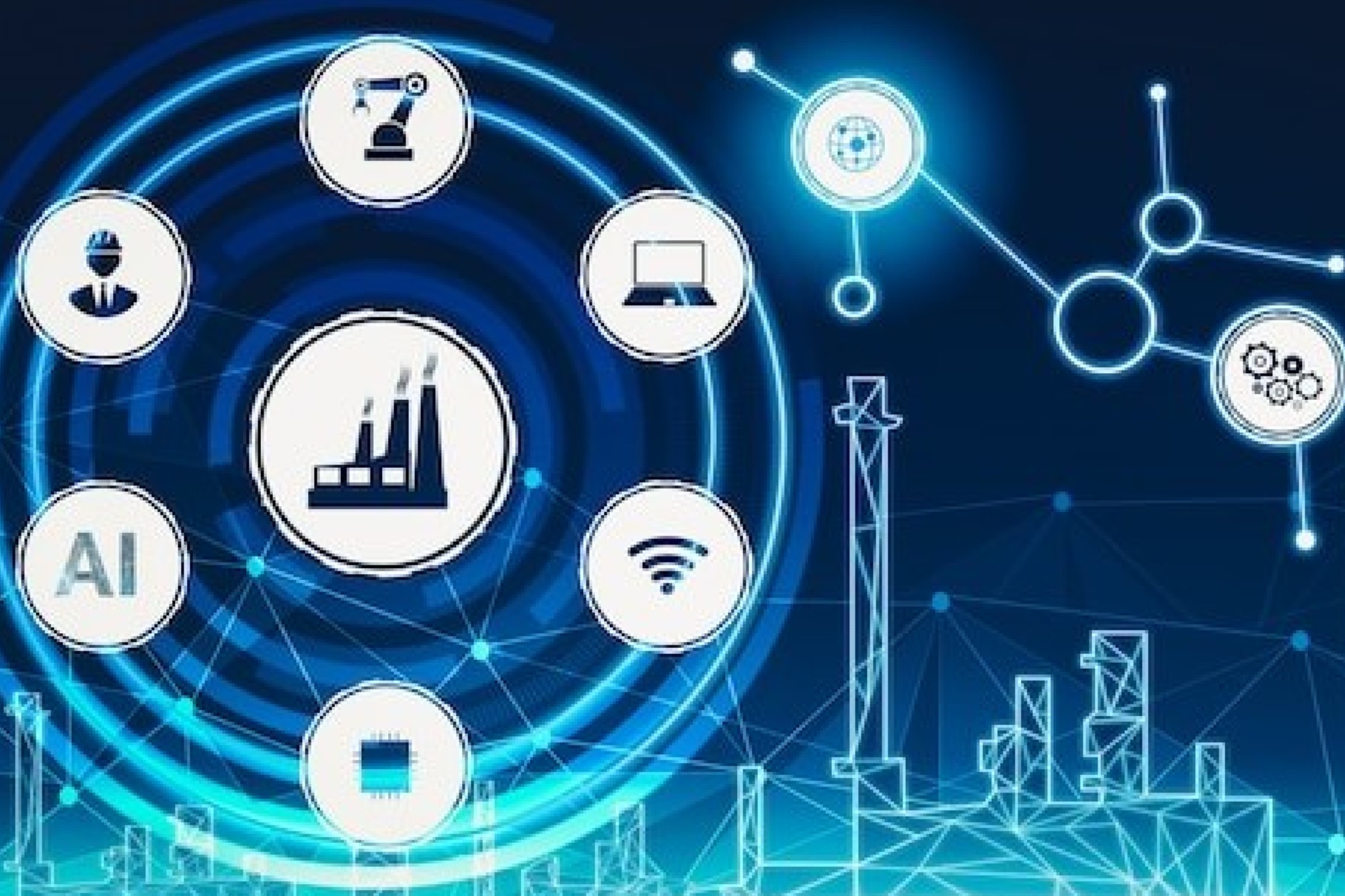Upskilling at Workplace
By OEM Update Editorial June 5, 2024 6:19 pm IST
Upskilling involves expanding and enhancing existing skill sets, which empowers employees to stay relevant and competitive within their current roles. The article explores initiatives and strategies to empower employees with the right tools and flexible resources for continuous learning.
“The World Economic Forum estimates that more than half of all employees globally need to upskill or reskill by 2025 to embrace the changing nature of jobs.”
Upskilling and reskilling involve opportunities for current employees to learn new skills or enhance their existing ones. Many organisations focus on reskilling to develop the talent they cannot readily acquire or deploy effectively. However, most skilling efforts fail because they give precedence to optimising learning and development costs over achieving tangible business impact. Globally, over $300 billion is spent annually on corporate education, according to estimates from Allied Market Research.
Workforce training and upskilling enhance skills, adaptability, and problem-solving abilities. Cobots, equipped with advanced sensors and vision systems, are integrated into manufacturing processes to utilise cutting-edge robotics for precise assembly and increased productivity. These cobots assist human operators with assembly tasks, enhancing accuracy and efficiency. Manufacturers can achieve flawless assembly and increase productivity by combining modern robotics with training and maintenance procedures. Leveraging innovation, collaboration, and talent development can help overcome manufacturing challenges.
In a changing business environment, embracing innovation, optimising workflows, and leveraging scalable solutions are crucial for sustainable growth. Evolving operational approaches require continuous improvement, agility, and flexibility to respond to market changes and customer needs. It also involves investing in technology, talent development, and strategic partnerships to foster innovation, enhance efficiency, and maintain competitiveness.
Invest elements to upskill
Integrating diverse elements that support worker upskilling and empowerment is essential to creating a culture of continuous learning. Adopting a lean leadership approach is the foremost element for reskilling or upskilling, where leaders serve more as facilitators than traditional bosses. This leadership style emphasises valuing each employee’s contribution and eliminating waste through ongoing improvement. Leaders should foster an environment that encourages experimentation and learning from failures, which is crucial for driving innovation and efficiency.
The strategy to create a culture of continuous learning and upskilling is about enhancing operations. It is about investing in a valuable asset: our people. Nitin Rawat, General Manager of Production at Addverb, advocates offering training programs to focus on technical skills, soft skills, and industry trends to ensure ongoing learning and development. Mentorship programs that pair experienced employees with new hires facilitate knowledge transfer and skill enhancement. The cross-functional collaboration promotes teamwork, innovation, and shared decision-making, empowering employees to contribute ideas and take ownership of projects.
Deepak Pahwa, Chairman of Pahwa Group and Managing Director of Bry-Air, emphasises the importance of senior leadership and managers proactively participating in training programs supported by skill-building initiatives. This involvement inspires employees to follow in their footsteps, fostering a culture of empowerment.
Giulio Dal Lin, CAREL Group Head of Lean and Process Innovation Carel, suggests implementing a continuous coaching program where leaders and supervisors actively support employees in developing their skills and careers. Coaching helps personalise learning and adapt it to workers’ specific needs and professional aspirations for personal and professional growth.
Organisations should balance guidance and support to empower employees to own their work and make decisions at all levels. Keeping communication channels open ensures a collaborative environment. Here, employees feel comfortable sharing ideas, feedback, and concerns. Regularly evaluating the impact of training and development efforts on employee performance, productivity, and job satisfaction is essential for continuous improvement and alignment with organisational goals. Finally, recognition and rewards motivate employees to engage in ongoing learning and development efforts.
Creating a culture that values continuous improvement and encourages personal and professional growth cultivates an agile, adaptive, and motivated workforce, driving innovation, efficiency, and success in our organisation.
Assess training strategy
Conducting a thorough assessment to address the organisation’s training needs is essential. The program should cover hard skills like problem-solving, insight generation, and analytics. Mahesh Gurav, Product Manager at Exor India, emphasises the importance of continuous learning to stay updated with the latest innovations and enhance our skills. He advocates empowering the team to take ownership of their work and make decisions, growing their confidence and fostering a sense of responsibility. Additionally, he highlights the importance of acknowledging and rewarding the team’s efforts. Giulio Dal Lin adds that ongoing training and decentralised decision-making create an environment where decisions are distributed among teams, improving the speed and effectiveness of decisions. This approach makes workers feel more involved and empowered, increasing their motivation and commitment.
Sayeed Ahmed, CEO of Biesse India, outlines a strategy for a continuous evolution of materials, markets, needs, aspirations, lifestyles, culture, technology, renewables, and the circular economy. Focus on training, transparency, and a commitment to increase learning. This strategy cultivates a mindset of adaptability, growth, and responsibility.
Bhaveshkumar Patel, President of Indian Textile Accessories and Machinery Manufacturers Association, underscores the importance of a ‘Zero-Harm Culture in Manufacturing’ in response to the current social revolution. He notes that while we may develop state-of-the-art innovations, sustaining them commercially in the international market requires adhering to this zero-harm culture.
ITAMMA has partnered with Siemens Global Skill Centre for Occupational Safety to promote the Zero-Harm Culture among various machine manufacturers in India. SITRUST is a unique training program based on best global practices adapted to Indian conditions. This collaboration aims to organise factory visits for members, focusing on Industry 4.0 standards. These visits inculcate learning on machine safety, occupational safety, material-handling safety, infrastructure, electrical safety, and operational and functional aspects. It also offers insights into the transition from conventional to digitally automated processes and provides learning through virtual reality at the factories’ training centres.
Bhaveshkumar notes that the government initiative, the ‘Recognition of Prior Learning’ program, allows existing workers to be trained or up-skilled in their job roles. The PMKVY-4.0 government initiative will enable employees to enhance their skills and receive formal certification, recognising their existing skills.
Vineet Seth, Managing Director for South Asia & Middle East at Mastercam APAC, underscores the importance of growing a culture of continuous learning in manufacturing, starting from leadership. This environment encourages operators and programmers to improve their skills and knowledge. It ultimately improves adaptability, innovation, and performance. Organisations can support this culture through regular training, knowledge-sharing sessions, mentorship programs, and workshops.Conducting an assessment is crucial to addressing the organisation’s training needs. It helps identify areas where employees require upskilling and reskilling. Surveys, performance evaluations, and feedback sessions can help pinpoint individual and team development gaps.
Reskilling employees requires an investment to create a skilling infrastructure encompassing assessments, skills inventory, content curation, learning technology, and analytics. Skilling is considered something imposed on workers, but research indicates that workers are aware of impending changes and are prepared to take action. According to BCG’s Decoding Global Talent report, 68 per cent of workers worldwide are willing to retrain for new careers to remain competitive. The outcome is that the primary objective of upskilling and reskilling the available workforce is to promote continuous learning, growth, and preparation for the future. Conclusively, enhancing an internal culture strives to address the future in the best possible way.
Giulio Dal Lin, CAREL Group Head of Lean and Process Innovation, Carel Industries S.p.A.
Implement a continuous coaching program where leaders and supervisors actively support employees in developing their skills and careers.
Vineet Seth, Managing Director – South Asia & Middle East, Mastercam APAC.
A culture of continual learning in manufacturing starts from the top, so organisations should offer regular training, knowledge-sharing sessions, mentorship programs, and workshops.
Nitin Rawat, General Manager of Production at Addverb
Training programs should focus on technical skills, soft skills, and industry trends to ensure ongoing learning and development.
Sayeed Ahmed, CEO, Biesse India.
Strategy should aim at the continuous evolution of materials, markets, needs, aspirations, technology, renewables, and the circular economy.
Mahesh Gurav, Product Manager, Exor India.
Empower the team to take ownership of their work to make decisions that increase their confidence and nurture a sense of responsibility.
Deepak Pahwa, Chairman, Pahwa Group and Managing Director, Bry-Air.
Senior leadership and managers’ active participation in training programs inspires employees, thus empowering the culture within the organisation.
Bhaveshkumar Patel, President, ITAMMA
Developing state-of-the-art innovations and sustaining them commercially in the international market requires adhering to a zero-harm culture.
Cookie Consent
We use cookies to personalize your experience. By continuing to visit this website you agree to our Terms & Conditions, Privacy Policy and Cookie Policy.


















